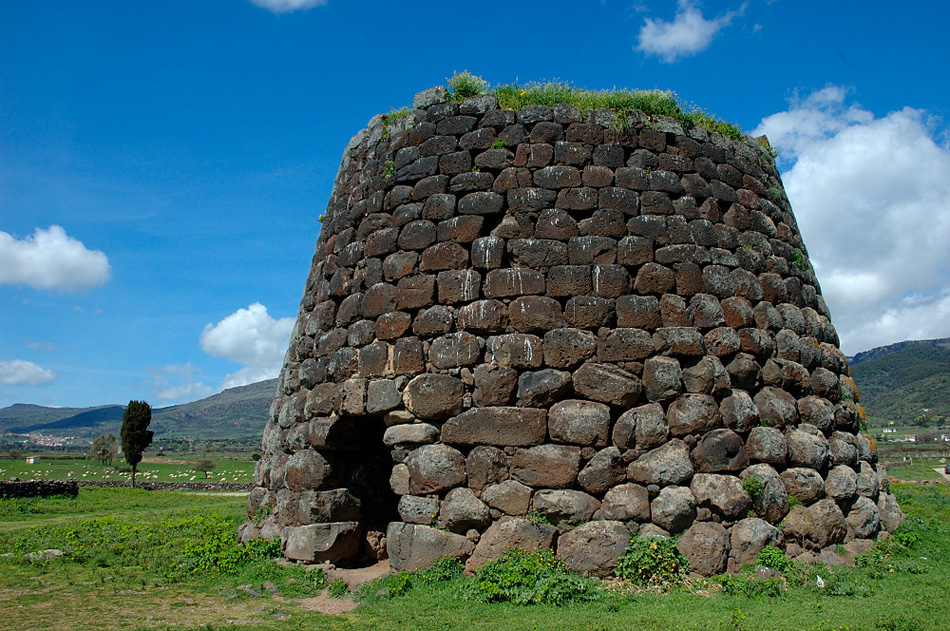Any available placements will show above. Click on the available placement information for more details.
placement dates: 7 to 28 Nov 2023
Flights: Grampus will email students with a flight option that fits within the travel grant and which arrives at a time that suits the host. Students are welcome to look for alternative flights, but the arrival times must match those of the offered flight and be within the travel grant. Students have to fund their own way to the UK airport
GHIC: Students must apply for a Global Health Insurance Card before the placement, and carry it on them at all times

Background
This archaeological and cultural programme revolves around a practical research topic comparing Scottish BROCHS (robust round fortifications) and Sardinian NURAGHI, which have many common characteristics. Earliest broch in Scotland is around 500 BCE and was built in the Iron Age; the earliest nuraghi in Sardinia is 1900 BCE and the buildings developed during the Nuragic Age between 1900 and 730 BCE.
Working alongside expert archaeologists from our Italian partners, students on the programme will focus on survey and recording features, seeking dating evidence. They will learn to survey historic building remains to record common features of brochs and nuraghe.
Week One- Students will visit around 20 nuraghi
Week Two- Students will focus on 3 selected nuraghe for closer investigation and recording (drawn plans, photogrammetry, station survey)
Week Three- Students will look at the end of Nuraghi period and how the founding of Rome 753 BCE absorbed and stabilised the situation in the Mediterranean; they will investigate the connection to Rome and the legacy. They complete their survey work, drawings, photography and landscape research.
In each of the three weeks they are based in a different central Sardinian location and work with the partners experts and local historians and archaeologists.
Funding
This project has been funded with support from the Turing scheme, funded by the UK government. However our last Turing project ended in August 2024 and due to a change of eligibility criteria we are no longer allowed to apply for Turing funding.
This publication [communication] reflects the views only of the author, and Turing cannot be held responsible for any use which may be made of the information contained therein.
